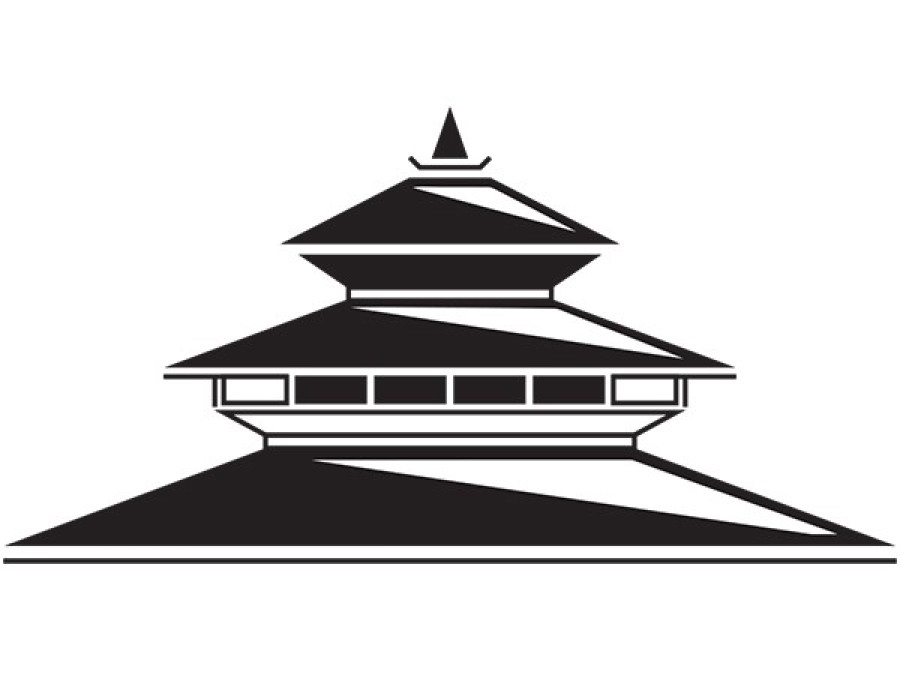Editorial
Never-ending projects
Road construction is locked in a perpetual cycle of incompetence
Perpetual projects that never seem to get completed have cost the country and economy dear. Any project has a certain budget and a deadline which needs to be met if one is to move on from one project to another. Clearly, such rules do not apply in our country where road construction and repair is in limbo. Especially in the Capital where the road expansion drive launched during prime minister Baburam Bhattarai’s tenure in 2011 to eliminate traffic jams in the Valley is still ongoing.
Thanks to the unending road demolition and construction, piles of earth are left besides dug-up spots for an indefinite period. More embarrassingly, the Capital, which has earned the dubious distinction of being one of the most polluted cities in the world, is becoming a difficult place to walk and drive. There are not enough sidewalks, the roads are filled with potholes and slush covers the streets following the onset of the monsoon.
To ease the plight of city dwellers, the prime minister held a meeting a few months ago with ministers, secretaries and officials instructing them to improve the condition of the roads in the Capital, including the Chabahil-Jorpati and Kalanki-Nagdhunga sections which have been in a sorry state for almost two years. A follow-up meeting was held just last week, in fact. But it has been found that more than 60 percent of the prime minister’s instructions to repair the roads in Kathmandu remain ignored. Such disregard for the prime minister’s repeated instructions shows how recalcitrant our bureaucrats are. This defiance and refusal of the department heads to work will only prolong the public’s suffering. Moreover, it also shows how public servants lack good governance practices that ultimately have an impact on service delivery.
It is unfortunate that the roads undergo hasty makeovers only when the country is hosting an international event or when heads of state or government are visiting the country to impress them. What’s more, even such last-minute cover-ups are done only in areas that the delegates pass through while the inner roads remain in a shambles. The BIMSTEC Summit is a recent example of the frenetic rush to patch giant potholes that punctuate Kathmandu roads. Yet, this time around, the retreat venue for the summit had to be changed from Gokarna Forest Resort to the Hotel Soaltee Crowne Plaza due to the poor condition of the roads.
One of the biggest bottlenecks in road digging is lack of coordination between the various agencies that are involved. A streamlined approach is needed so that roads are not dug up repeatedly by different agencies for different purposes, leading to continued public suffering and a waste of taxpayers’ money. But more importantly, the bureaucracy must feel it is their duty to get the job done in the stipulated time and pay heed to orders. The leadership and bureaucracy must complement, rather than work against, each other.




 14.24°C Kathmandu
14.24°C Kathmandu














